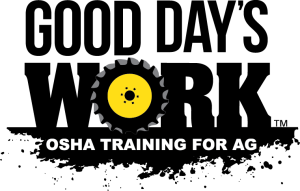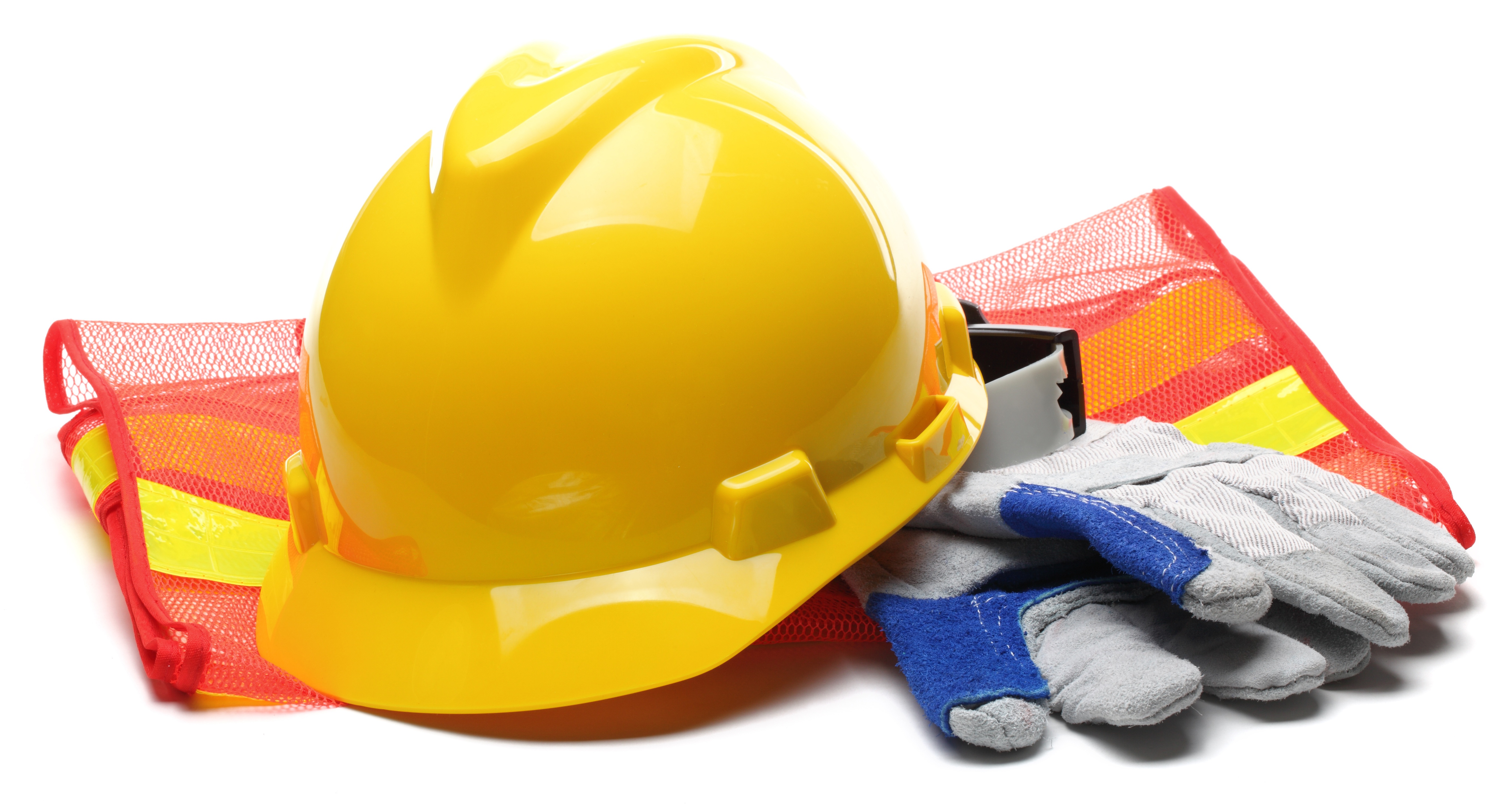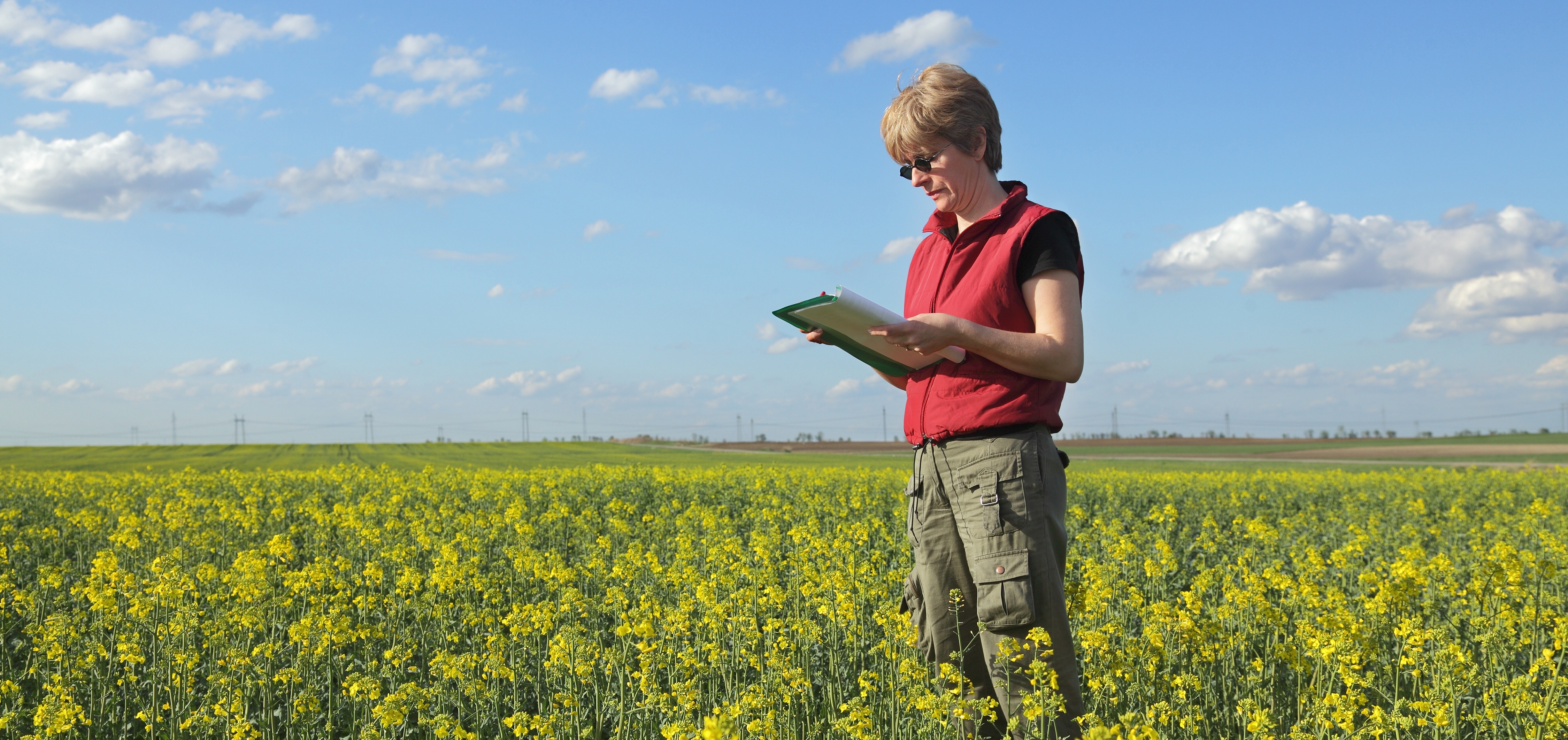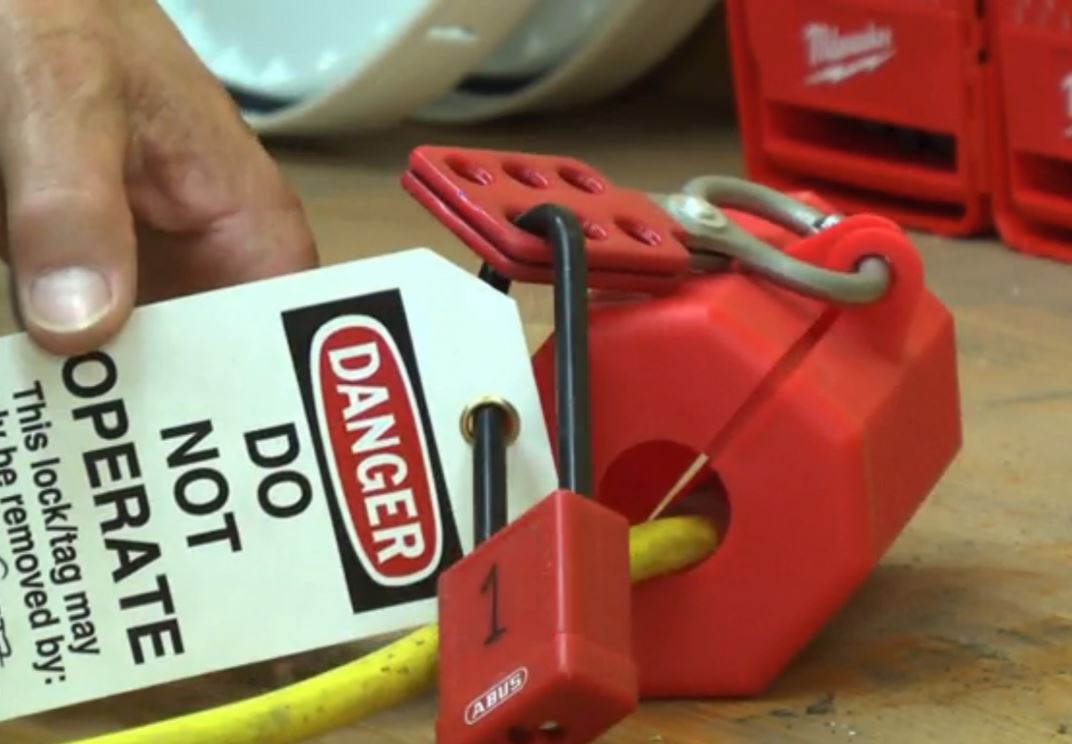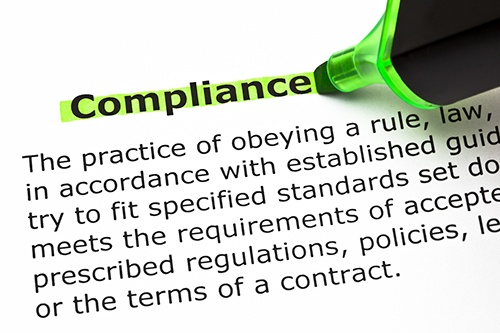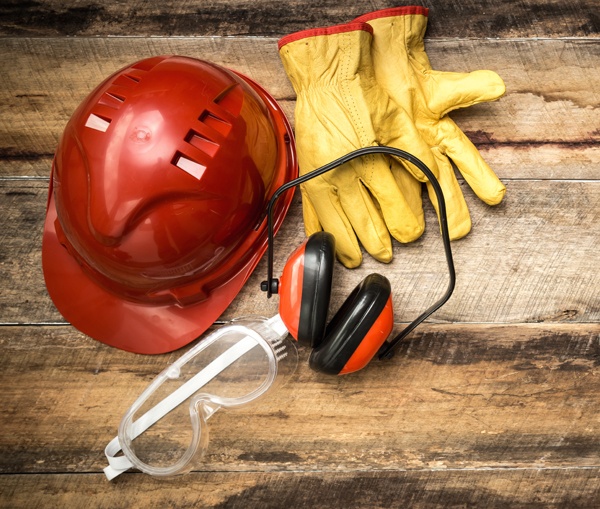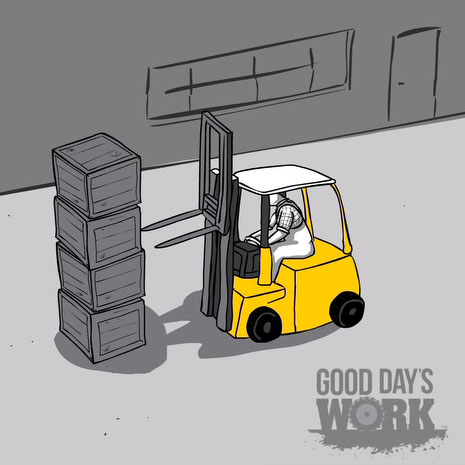Vendors, processors, retailers, lenders and other allied industry in agriculture are requiring more and more audits of our production practices. One request that is becoming more common is verification that growers and producers of commodities are providing Safety Training to their employees. Though this is somewhat new to agriculture, these requests are accelerating. It isn’t just OSHA that is interested in validating your training practices. These entities see it as another area that they can assure their customers that the food they eat is produced in a sustainable, environmentally-friendly and employee-friendly manner.
Topics: safety training program, OSHA law & compliance, agriculture
Earlier this week, we discussed the first fundamental reason for having someone on your staff—even if it’s you—dedicated to safety. Having a single point person fulfilling this role is critical to maintaining the clear, consistent communication that optimizes safety among your employees.
Topics: safety director, OSHA law & compliance
Topics: safety director, OSHA law & compliance
Calculating an OSHA Penalty
Topics: OSHA law & compliance, agriculture
lockout/tagout (loto): in osha's top 5 most cited violations
5 STEP PLAN - MOST SECCESSFUL PROGRAMS HAVE AT LEAST THESE 5 ELEMENTS TO THEIR PLAN:
When you’re that “person” responsible for servicing or maintaining a piece of equipment, you want “peace of mind” knowing that nobody could or any situation could accidently startup that equipment while you’re working on it. The consequences of unexpected startup or a release of energy to employees can result in irreversible damage such as electrocution, crushing, cutting, burns, amputation and yes even death. Every employer must protect their employees with a LOTO program that ensures their safety. A LOTO program is not complicated to develop and implement, in fact there is plenty of help from OSHA and other sources to help you implement a program to protect your employees and your business.
Topics: lockout-tagout (LOTO), OSHA law & compliance, productivity / goals / motivation
No OSHA Regulation? General Duty Clause Says You Might Still Be Liable
What do driving ATVs, handling livestock pharmaceuticals and operating a dump trailer all have in common?
None of them has a formal OSHA safety standard.
Topics: OSHA law & compliance
I caught up with a friend last week who owned a large dairy farm and now works for a farm co-op in his “retirement.” When I mentioned ag-safety programs and OSHA compliance, he quickly rolled his eyes and sarcastically said, “Ugh,” with a chuckle.
Topics: safety training program, OSHA law & compliance, agriculture, farm
With so few official OSHA training regulations for agriculture, you might think that you have covered all your bases in your farm-safety training and meeting OSHA's training requirements. On the contrary, staying current on all OSHA requirements is an ongoing project for you and your safety team.
Safety issues must become a top priority. That means creating a strategy that safeguards your employees’ and managers’ safety and fosters a solid expectation for everyone’s complete compliance with OSHA guidelines. These goals will help establish the foundation of a safety culture that, in turn, could lead to higher productivity and profits for your farm.
Topics: OSHA law & compliance, agriculture
Every farm needs an ag-safety program that complies with OSHA regulations, and your boss selected you to lead the project. You are definitely up for this new challenge. Although you know how important safety and health are to the longevity and success of the farm, you see just one, small problem—you don’t have time to become an OSHA expert.
Topics: OSHA law & compliance, agriculture
Depending on the size of your operation, chances are good that you need to move heavy loads around. Whether they be skids of seeds, tanks, or other common farm equipment, it is probably a powered industrial truck (PIT) – commonly called a forklift – that you’re going to use for the job. It may also be a skid steer, payloader or telehandler. And just like any other heavy farm equipment, operating a forklift comes with its own hazards and concerns.
